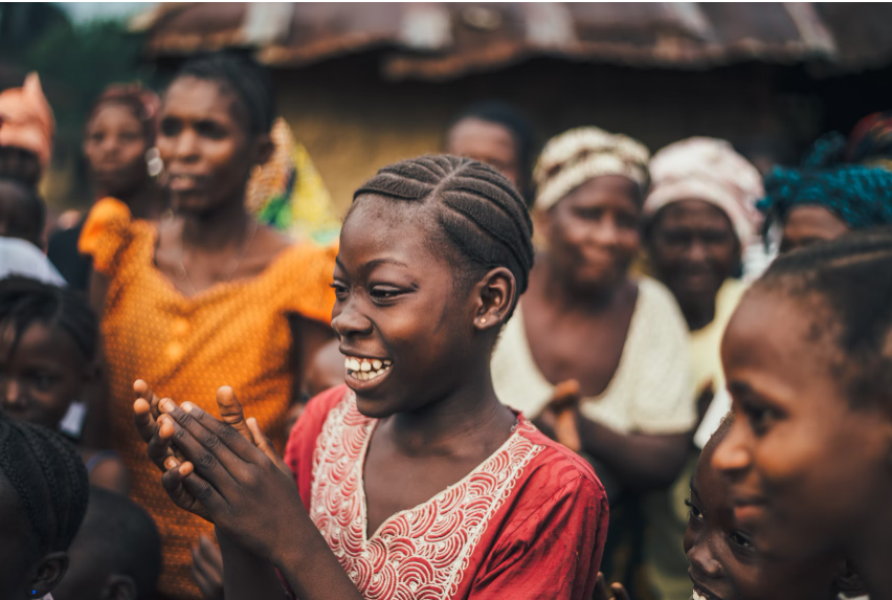Suheil Salém
Senior Associate, Pimenta e Associados, member of Miranda Alliance’s ESGimpact+ Team
Susana Pinto Coelho
Partner, Miranda & Associados, Head of Miranda Alliance’s ESGimpact+ Team
As in any other country in Africa, the traditional use of biomass – firewood and charcoal – for cooking is responsible for a significant part of Mozambique’s greenhouse gas (GHG) emissions in the domestic energy sector. The report issued by the Clean Cooking Alliance in December 2023 – “The Future of Africa’s Sustainable Cities: Why Clean Cooking Matters” – stresses the critical role of clean cooking in addressing sustainable urban growth in sub-Saharan Africa, in reducing emissions and in enhancing biodiversity, by alleviating pressure on forests and ecosystems. The Mozambican Government seems to be aligned with this view and is aiming for a total shift from traditional household biomass to clean cooking solutions by 2030.
A rapid transition to clean and modern cooking solutions – including biomass-improved cookstoves (ICs), or advanced cookstoves (ACs) fueled by Liquefied Petroleum Gas (LPG) and electricity -, is deemed a key pillar of the envisaged energy transition and a critical step towards reducing emissions and achieve the goals set out in the commitments undertaken under the National Determined Contributions (NDCs) submitted pursuant to the Paris Agreement. For this purpose, (i) the use of traditional charcoal shall be phased out and replaced by refined and processed biomass, (ii) ICs and sustainable firewood harvesting practices shall be introduced in rural areas, and (iii) the use of ACs shall be promoted in urban on-grid areas.
To date, no specific legal framework aimed at governing the requirements for implementation of clean cooking solutions and/or at enhancing investment in connection thereto has been put in place. This is expected to change soon, though. From the outset, a new Biomass Strategy shall be prepared in accordance with the principles and programs detailed in the recently enacted Just Energy Transition Strategy. Amongst others, the Government aims at promoting sustainable biomass harvesting practices and supply. Engaging local communities – through education, awareness and training campaigns – shall be key for these goals to be effectively achieved and to prevent public turmoil. Further, the Government plans to carry out an environmental and socio-economic study as to assess the impacts related with the domestic charcoal production chain including, without limitation, related carbon emissions and number of jobs generated along the value chain. This study shall identify sustainable alternatives for the generation of jobs and economic activities capable of enabling the transition without causing adverse impacts on economic conditions and/or livelihoods.
Despite the current lack of specific regulations, clean cooking projects are becoming increasingly common. To date, the market is mainly driven by donor initiatives, grants, results-based financing, carbon financing and/or carbon offsetting schemes. Pay-as-you-go (PAYG) schemes are also available and expected to become increasingly popular. However, at present, these projects are typically structured and implemented on an ‘ad hoc’ basis and subject to very limited regulatory requirements. This does raise some issues, in particular where such projects are based on carbon / climate financing or carbon offsetting schemes.
From the outset, carbon credits’ ownership and or transfer thereof is not regulated and, as a rule, the investor rely on contractual arrangements entered with the relevant households. Issues pertaining to the monitoring of effective use and/or maintenance of ICs or ACs are also common. While, as a rule, carbon offsetting projects in connection with ICs and/or ACs are carried out under either the Verra Verified Carbon Standard (VCS) or the Gold Standard (GS), the lack of domestic rules and, in particular, the implementation of poor monitoring measures may impair the transparency of the relevant project and, in particular, the integrity of the carbon credits generated in connection thereto.
The Government is however aware of the domestic market potential for clean cooking solutions and of the impact thereof in meeting emissions reduction targets. The Government also seems to understand the need to lay some legal grounds aimed at enabling a smooth implementation of this type of projects and attract climate / carbon financing, allowing the achievement of domestic climate goals. Hence, the Government plans to adopt a regulatory framework aimed at attracting manufacturers and distributors of cookstoves in-country. Amongst others, tax benefits and import subsidies are being considered. Regulations on voluntary carbon markets, carbon offsetting and carbon credits are also expected to be enacted in the near future.
These measures are expected to boost domestic clean cooking projects, including cookstoves’ manufacturing and distribution in-country. In addition, the Government also aims at increasing off-grid and mini-grid renewable projects aimed at enabling energy access in rural areas, and at securing 70% of LPG production in-country and expand the domestic LPG distribution network. Mozambique is positioning as a key player in the energy transition and aims at boosting clean cooking solutions in-country. Different investment opportunities in the ICs and ACs value chain seem to lie ahead. Stay tuned.

